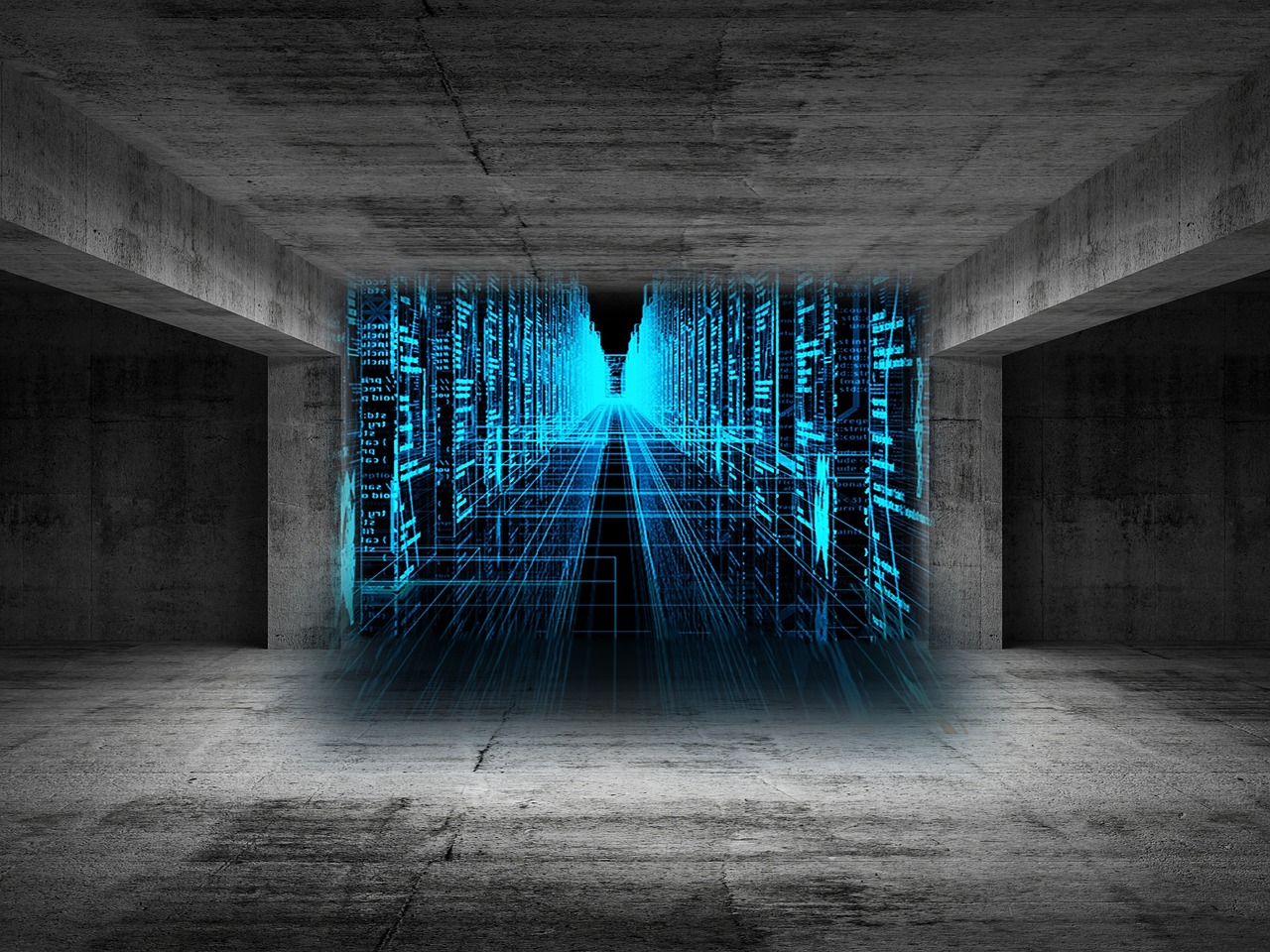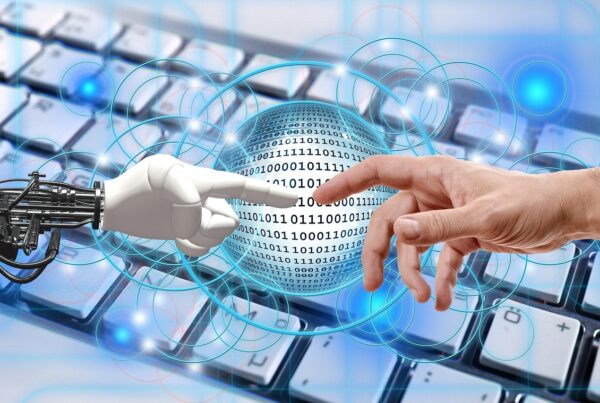#AI@Work: Transforming Industries
AI will not only eliminate positions and disrupt companies, it will transform industries. One of the most prominent is the defense industry. Incorporating AI and robotics into traditional battle networks will improve current performance in the field and off. Since the end of the Cold War, the defense industry has been dominated by very large contractors. The question isn’t whether AI and robotics will find their way in, the question is who will provide them. These organizations are large and built around legacy systems. The robotics driven revolution is a decade or so away, but smaller private sector firms are grabbing those defense contracts now. Over sixty percent of all AI and robotic contracts are issued to smaller private technical firms. In the past military technologies took years, even decades to develop. This is not how the new adaption cycle is moving. It is fast, very fast.
Every aspect of military operations, land, sea, air, space and cyber, is affected. Established contractors are underestimating the impact on their business. They are choosing not to compete in areas they don’t feel comfortable. This phenomenon is known as “segment retreat.” This is where a business chooses not to compete in an area that is new. The results can be seen from Blockbuster to Kodak. When organizations are large and not agile it is very hard to move beyond business as usual. This results in a downward spiral where organizations who don’t adapt face disruption and decline. New players enter the fields and emerge to fill the gaps
Manufacturing is another industry that will be totally reformed. Many people believe that robots and AI will replace humans altogether and most jobs will be eliminated. This can be a sensitive subject and one that is intentionally ignored. AI is not going away. AI is evolving and companies that choose to keep up with new and emerging trends will quickly transform with it. AI is taking over routine decision making and speeding up daily operations and processes. AI is transforming the manufacturing ecosystem. It is influencing ERP (Enterprise Resource Planning), networked supply chains and predictive analytics. It is supplementing decision points, and eliminating routines and administrative tasks. It can manage workflows, create reports, reorder cycles and flag potential hazards. These types of automations can be huge time savers. They improve production and save money. In manufacturing, hands-free personal assistant bots can be very valuable for safety and inquiries.
#AI@Work, #WFH, #Virtual Touchpoints, #ThePajamaEffect, #The Visual Connection, #BobbeGB, #BobbeBaggio, #Touchpoints, #Remote Workplace, #WorkFromHome, #PJEffect, #LinkedInNewsLive





